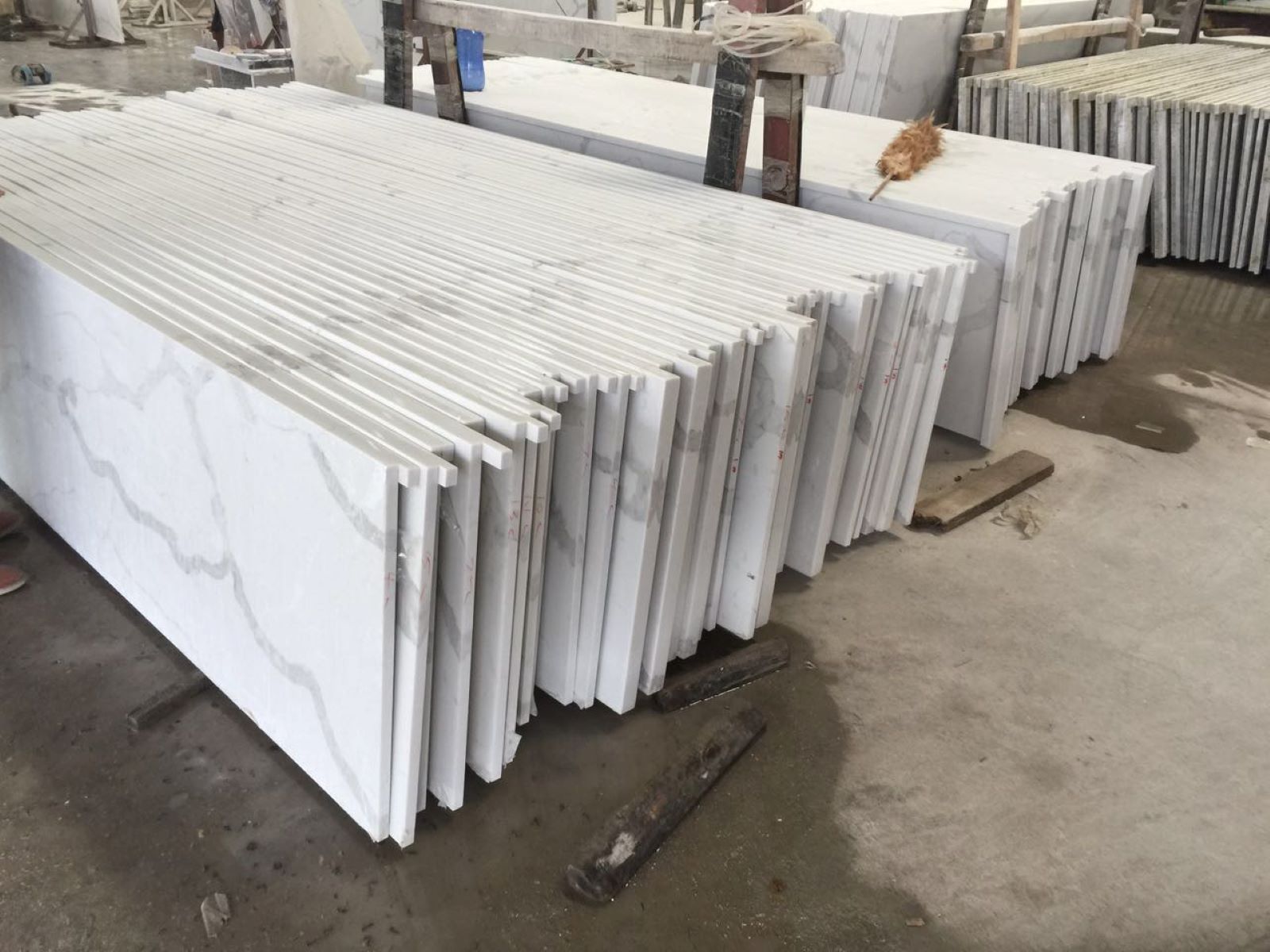

Articles
How Thick Should Quartz Countertops Be
Modified: December 7, 2023
Discover the ideal thickness for quartz countertops in this informative article. Gain valuable insights and tips on choosing the right thickness for your kitchen or bathroom.
(Many of the links in this article redirect to a specific reviewed product. Your purchase of these products through affiliate links helps to generate commission for Storables.com, at no extra cost. Learn more)
Introduction
When it comes to choosing the right countertops for your kitchen or bathroom, aesthetics, durability, and functionality are all important factors to consider. One option that has grown in popularity in recent years is quartz countertops.
Quartz countertops are engineered stone surfaces that combine the natural beauty of quartz with the strength and durability of other materials. They are known for their low maintenance requirements, resistance to stains and scratches, and wide variety of colors and patterns.
One crucial aspect to consider when choosing quartz countertops is their thickness. The thickness of the countertop can impact its appearance, durability, and installation process. In this article, we will explore the different factors to consider when determining how thick your quartz countertops should be.
By understanding these factors, you can make an informed decision and ensure that your quartz countertops not only meet your aesthetic preferences but also serve you well in the long run. Let’s dive in!
Key Takeaways:
- Consider the application, support, and budget when choosing the thickness of quartz countertops. Thicker slabs offer durability and luxury, while thinner options provide cost-effectiveness and flexibility in design.
- Consult with a professional installer to determine the ideal thickness for your quartz countertops. Balance durability, aesthetics, and budget to make an informed decision that meets your specific needs.
Read more: How Thick Is A Quartz Backsplash
Factors to Consider
When deciding on the thickness of your quartz countertops, there are several factors that you should take into consideration:
- Application: Consider where the countertops will be installed. Are they going in a kitchen, bathroom, or commercial space? The intended use of the countertops can impact the required thickness. For instance, kitchen countertops may require a thicker slab to withstand heavy appliances and potential impacts from pots and pans.
- Support: Consider the type of support available for the countertops. If you have a solid support structure, such as cabinets or a sturdy foundation, you may be able to opt for a thinner countertop. However, if additional support, such as braces or corbels, is needed, a thicker countertop may be necessary to prevent sagging or cracking.
- Edge Profile: The desired edge profile can also influence the thickness of the countertop. Some edge profiles, such as ogee, bullnose, or beveled, may require a thicker slab to achieve the desired look. It’s important to discuss your desired edge profile with your installer to determine the appropriate thickness.
- Longevity: Consider the durability and longevity you desire for your countertops. Thicker slabs are generally more robust and less prone to cracking or chipping over time. If you are looking for countertops that will withstand heavy use and last for many years, a thicker option may be the best choice.
- Budget: Finally, your budget is another crucial factor to consider. Thicker slabs of quartz tend to be more expensive due to the additional material required. It’s essential to find a balance between your desired thickness and your budget constraints.
By considering these factors, you can make an informed decision about the ideal thickness for your quartz countertops. It’s crucial to consult with a professional installer who has experience working with quartz to ensure that your chosen thickness meets the necessary requirements for your specific application.
Standard Thicknesses
Quartz countertops are available in a range of standard thicknesses. The most common thicknesses are:
- 1 centimeter (cm): This is the thinnest option available for quartz countertops. It is approximately 0.39 inches thick. 1 cm thick countertops are lightweight and can be a cost-effective choice for certain applications.
- 1.2 centimeters (cm): This is a slightly thicker option, measuring approximately 0.47 inches thick. 1.2 cm countertops offer a bit more durability compared to 1 cm ones while still maintaining a relatively slim profile.
- 2 centimeters (cm): 2 cm thick countertops are approximately 0.79 inches thick. This is the most common thickness for quartz countertops and offers a good balance between durability and cost. They are suitable for most residential applications.
- 3 centimeters (cm): This is the thickest option commonly available for quartz countertops, measuring approximately 1.18 inches thick. 3 cm countertops are considered more luxurious and can provide enhanced durability and longevity.
It’s important to note that the availability of these thicknesses may vary depending on the manufacturer or fabricator. The standard thicknesses mentioned above are widely used in the industry, but custom thicknesses may also be available upon request.
When choosing the right thickness for your quartz countertops, always consult with your installer to ensure that the chosen thickness is suitable for your specific application. They can guide you based on their expertise and knowledge of your particular project.
Pros and Cons of Thin Countertops
Thin quartz countertops have their own set of advantages and disadvantages. Here are some pros and cons to consider:
Pros:
- Cost-effective: Thin countertops are generally more affordable compared to thicker options. If you have a tight budget, choosing a thinner slab can help you save on material and installation costs.
- Lightweight: Thinner countertops are lighter in weight, which can be advantageous during installation. They are easier to handle and can be a suitable choice for DIY projects.
- Flexible design options: Thin slabs can be more flexible, allowing for a wider range of design options. They can be used to create unique shapes, curves, or intricate edge profiles that might be more challenging with thicker slabs.
Cons:
- Less durable: Thin countertops may be more susceptible to cracking, chipping, or breaking under heavy impact. They may not be suitable for high-traffic areas or applications where heavy objects are frequently placed on the surface.
- Limited edge profile options: Some intricate edge profiles may not be achievable with thin slabs due to their lack of thickness and structural support. This can limit your design choices and may require you to opt for simpler edge profiles.
- Potential for sagging: Thin countertops may require additional support to prevent sagging or flexing over time. This can add extra installation considerations and costs.
When considering thin countertops, it’s crucial to evaluate your specific needs and usage patterns. Thin countertops can be a suitable choice for applications where durability is not a significant concern or if you are looking for a more budget-friendly option. However, if you have heavy appliances, expect high traffic, or desire a long-lasting solution, thicker countertops may be a better fit.
Pros and Cons of Thick Countertops
Thick quartz countertops offer their own set of advantages and considerations to keep in mind. Here are some pros and cons to consider:
Pros:
- Enhanced durability: Thick countertops are generally more durable and less prone to cracking or chipping compared to thinner options. They can withstand heavy impacts, making them suitable for high-traffic areas or applications where heavy objects are frequently placed on the surface.
- Luxurious appearance: Thick countertops can have a more substantial and luxurious aesthetic appeal. They provide a bold and solid look that can enhance the overall design of your space.
- Increased longevity: Thicker slabs of quartz are designed to withstand the test of time. They are less likely to develop structural issues, providing you with a long-lasting solution for your countertops.
Cons:
- Higher cost: Thicker countertops require more material, resulting in higher costs for both the slab and installation. If you have budget constraints, opting for a thicker countertop may not be feasible.
- Heavier weight: Thick slabs are heavier, which can make their installation more challenging. They may require additional support structures, and the installation process may be more labor-intensive.
- Limitations in design: Thicker slabs may limit your design options, especially when it comes to creating intricate edge profiles or curved shapes. The structural requirements may restrict your choices in terms of customization.
Thick countertops are a popular choice for those looking for durability, longevity, and a visually striking appearance. They are ideal for high-traffic areas, such as kitchens, where durability is a top priority. However, it’s important to weigh the added costs, installation requirements, and potential limitations in design before opting for a thicker countertop.
Read more: What Are Quartz Countertops
Choosing the Right Thickness for Your Needs
Choosing the right thickness for your quartz countertops ultimately comes down to your specific needs, preferences, and budget. Here are some considerations to help you make an informed decision:
1. Application:
Consider the intended use of the countertops. Are they going in a residential kitchen, a bathroom, or a commercial space? Different applications may require different levels of durability and thickness.
2. Support:
Evaluate the support available for your countertops. Solid support structures, such as cabinets or a sturdy foundation, can provide the necessary stability for thinner countertops. However, if additional support is required, a thicker countertop may be necessary.
3. Aesthetic Preferences:
Think about the visual impact you want your countertops to have. Thicker countertops can provide a more substantial and luxurious appearance, while thinner ones can offer a sleek and modern look. Consider your overall design style and choose a thickness that complements it.
4. Budget:
Take your budget into account. Thicker slabs tend to be more expensive due to the increased material and installation costs. Determine your budget constraints and find a thickness that fits within your financial means.
5. Longevity and Durability:
Consider how long you want your countertops to last and the level of durability you require. Thicker countertops are generally more robust and less prone to damage, making them a better option for high-traffic areas or areas with heavy use.
Always consult with a professional installer who has experience working with quartz countertops. They can provide valuable insights based on your specific needs and guide you towards the appropriate thickness for your project.
Keep in mind that the standard thicknesses mentioned earlier (1 cm, 1.2 cm, 2 cm, and 3 cm) are widely used and should suffice for most applications. However, custom thicknesses may also be available upon request.
By carefully considering these factors and working with an experienced professional, you can choose the right thickness for your quartz countertops that meets both your practical requirements and aesthetic preferences.
Conclusion
Choosing the right thickness for your quartz countertops is a crucial decision that can impact their durability, appearance, and overall functionality. By considering factors such as application, support, aesthetic preferences, budget, and longevity, you can make an informed decision that meets your specific needs.
If you are looking for a cost-effective and flexible option, thin countertops may be suitable for you. They can provide a sleek and modern look while offering a range of design possibilities. However, it’s important to keep in mind that thin countertops may be less durable and have limitations in terms of edge profiles and support requirements.
On the other hand, if durability, luxury, and longevity are your top priorities, thick countertops are the way to go. They offer enhanced durability, longevity, and a luxurious appearance that can elevate the design of your space. However, it’s important to consider the higher cost, weight, and potential limitations in design that come with thicker slabs.
Ultimately, consulting with a professional installer who specializes in quartz countertops is key. They can assess your specific needs, provide expert guidance, and ensure that you select the ideal thickness for your project.
Whether you choose thin or thick quartz countertops, remember to prioritize your preferences, budget, and the functional requirements of your space. With the right thickness, your quartz countertops will not only enhance the beauty of your kitchen or bathroom but also stand the test of time.
So, take the time to carefully evaluate your options, weigh the pros and cons, and make the decision that aligns best with your needs. With proper consideration and guidance, you can confidently choose the ideal thickness for your quartz countertops and enjoy their beauty and functionality for years to come.
Frequently Asked Questions about How Thick Should Quartz Countertops Be
Was this page helpful?
At Storables.com, we guarantee accurate and reliable information. Our content, validated by Expert Board Contributors, is crafted following stringent Editorial Policies. We're committed to providing you with well-researched, expert-backed insights for all your informational needs.
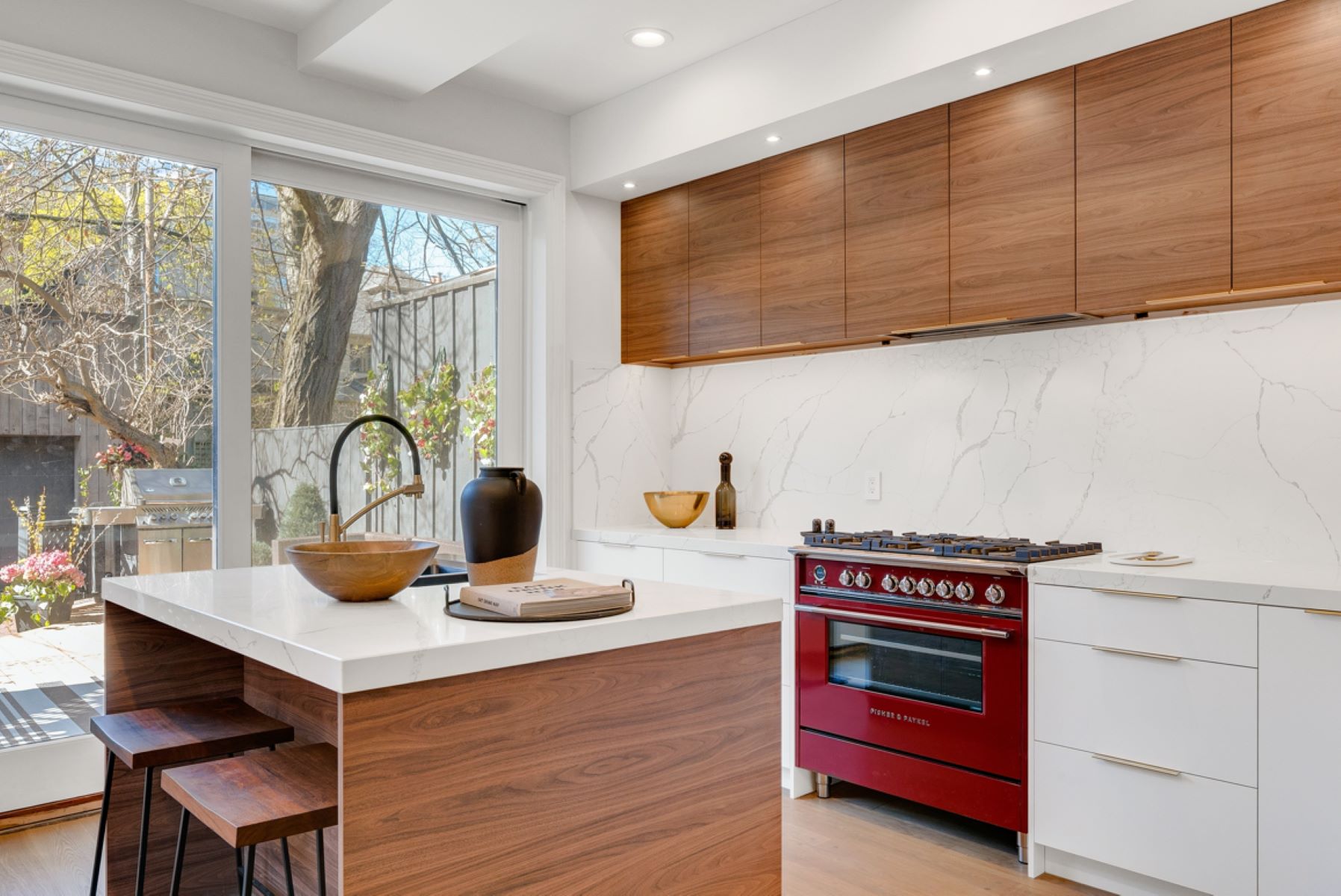
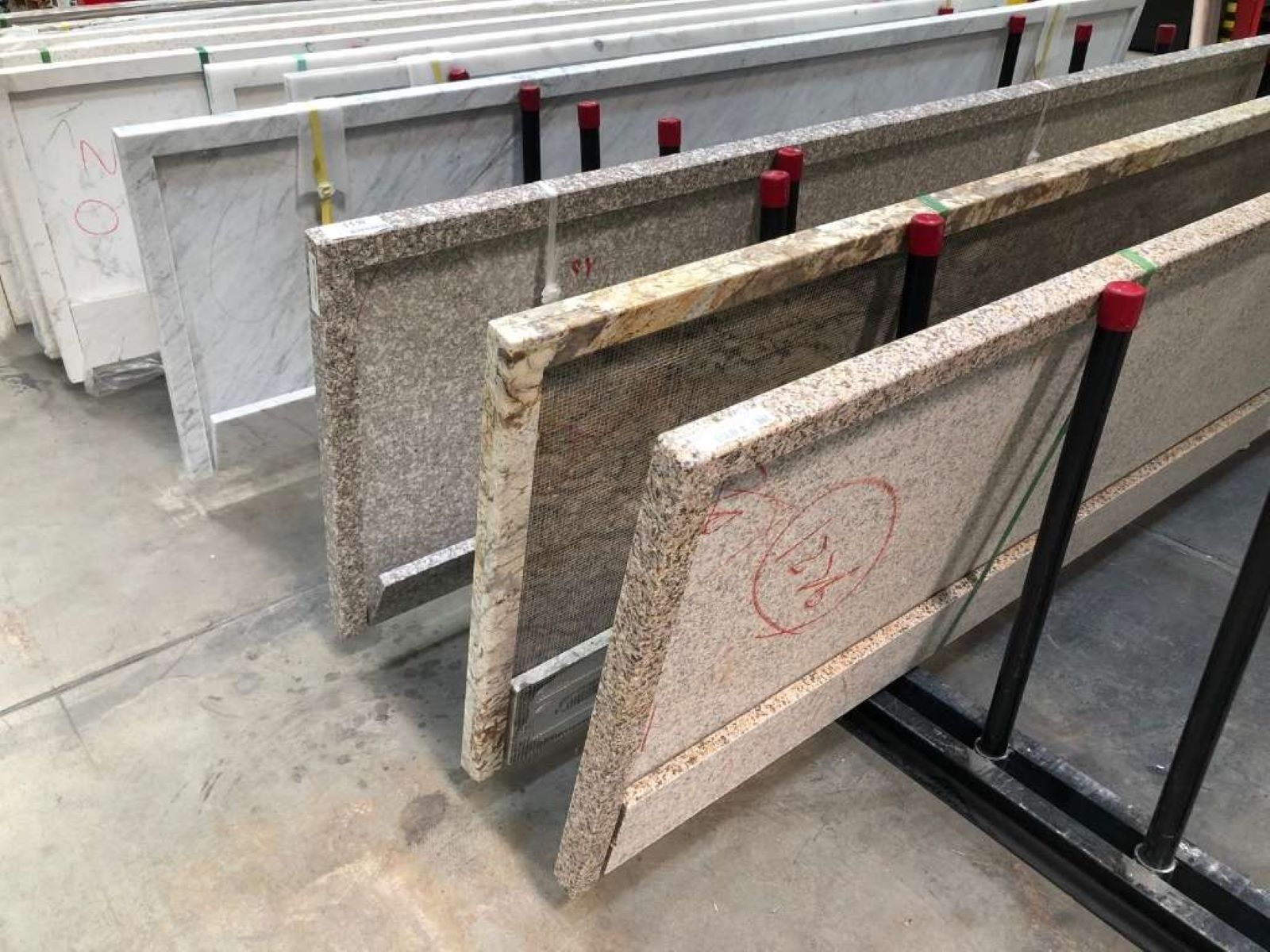
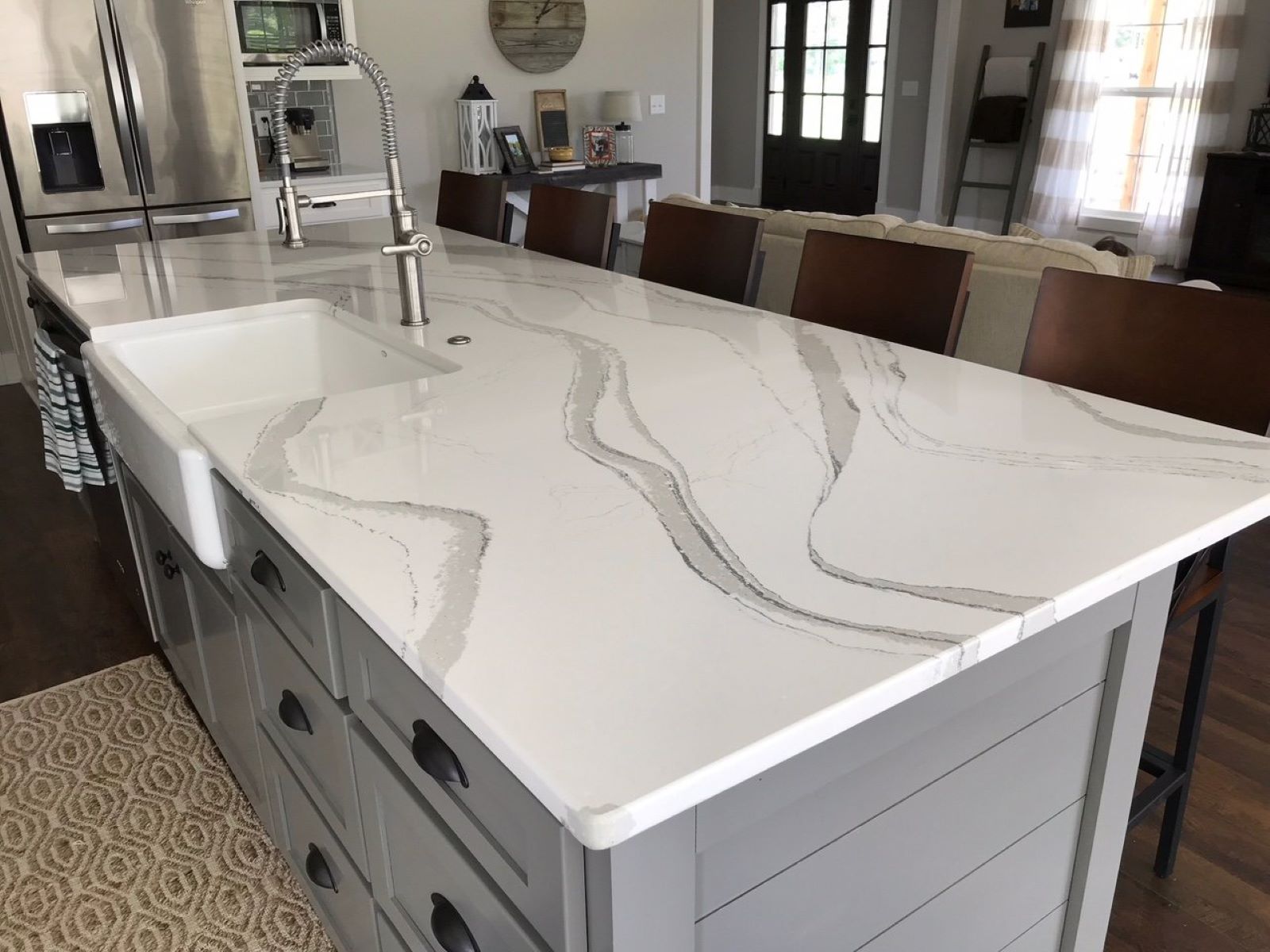
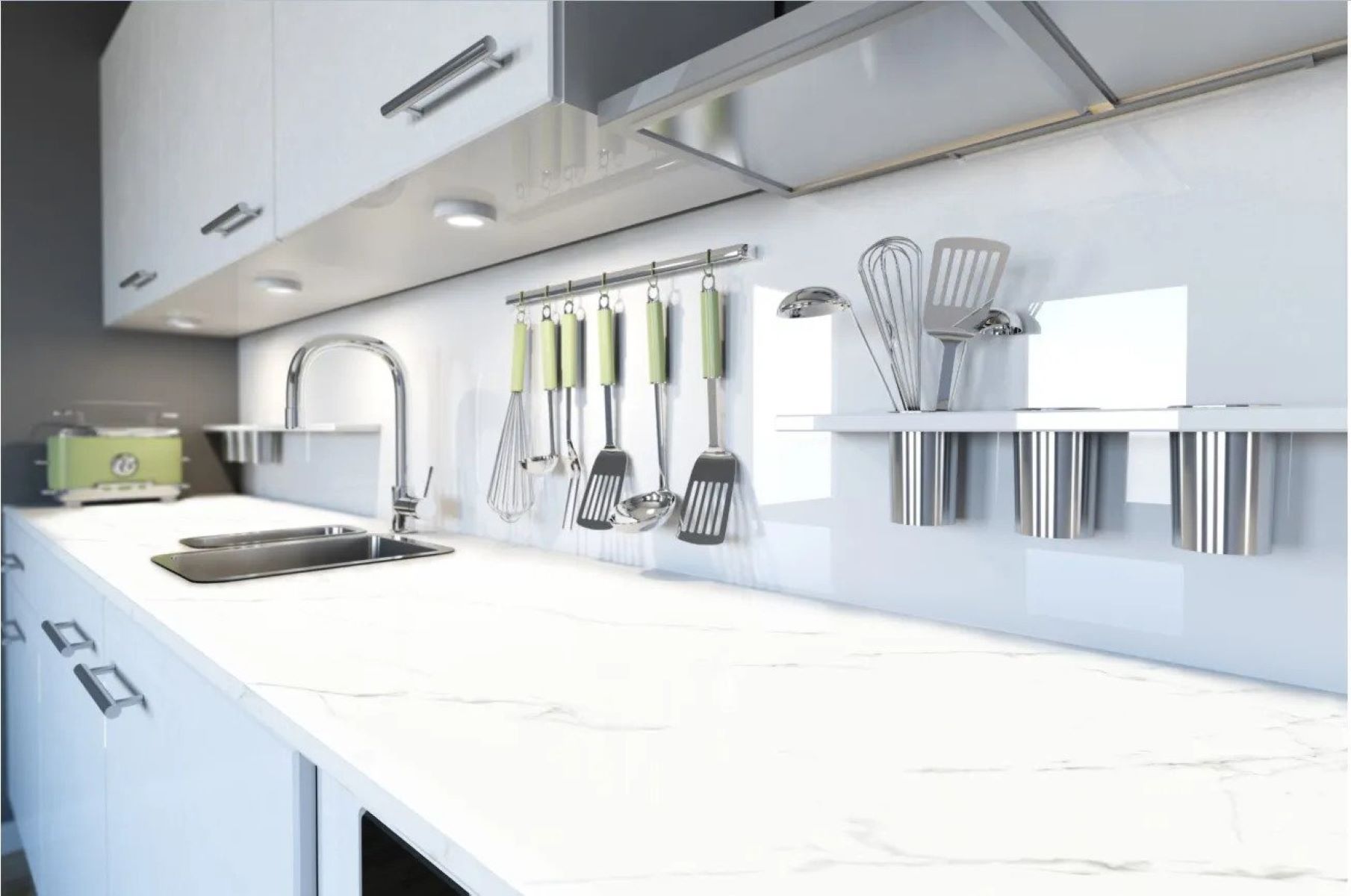
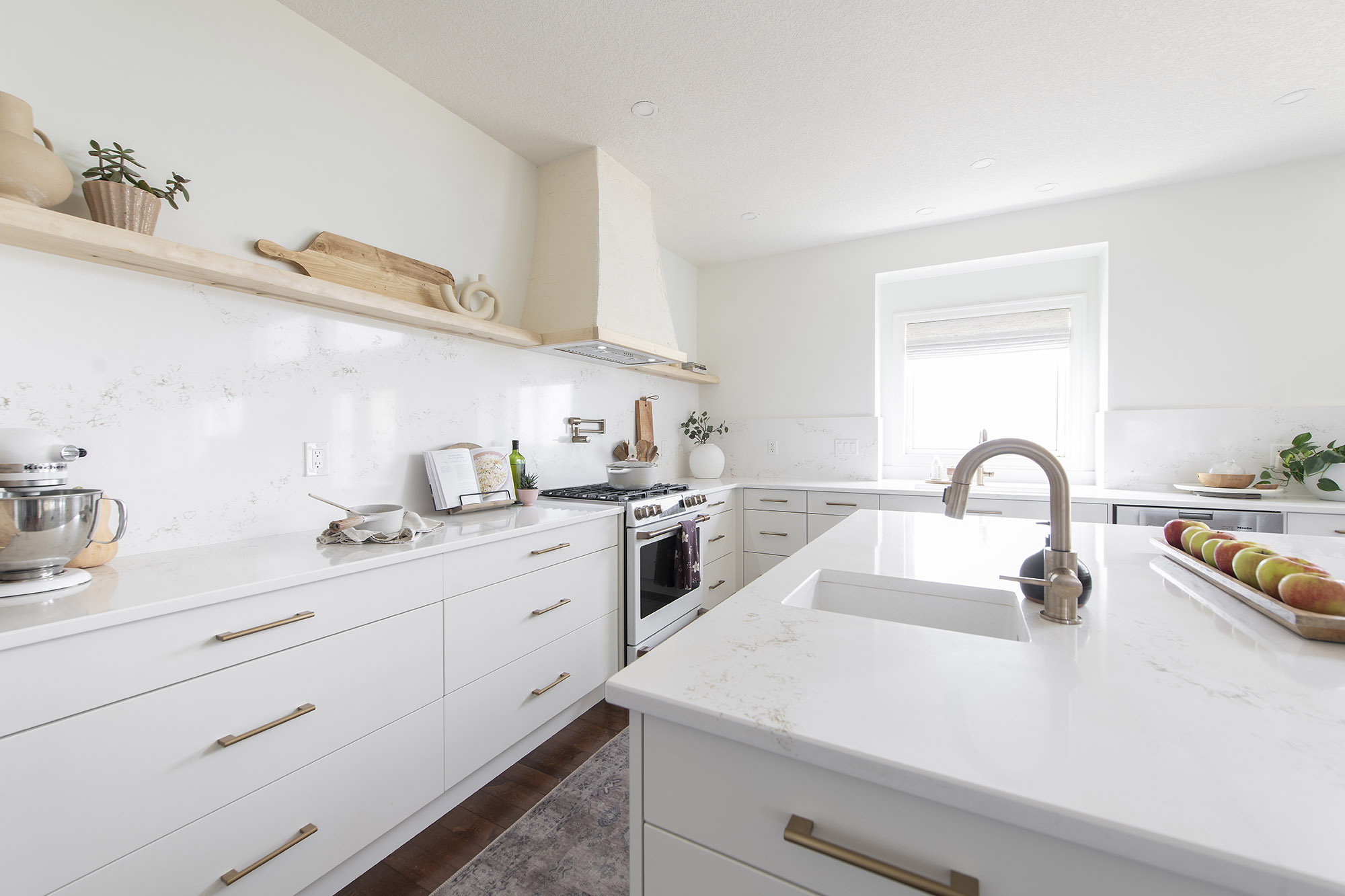
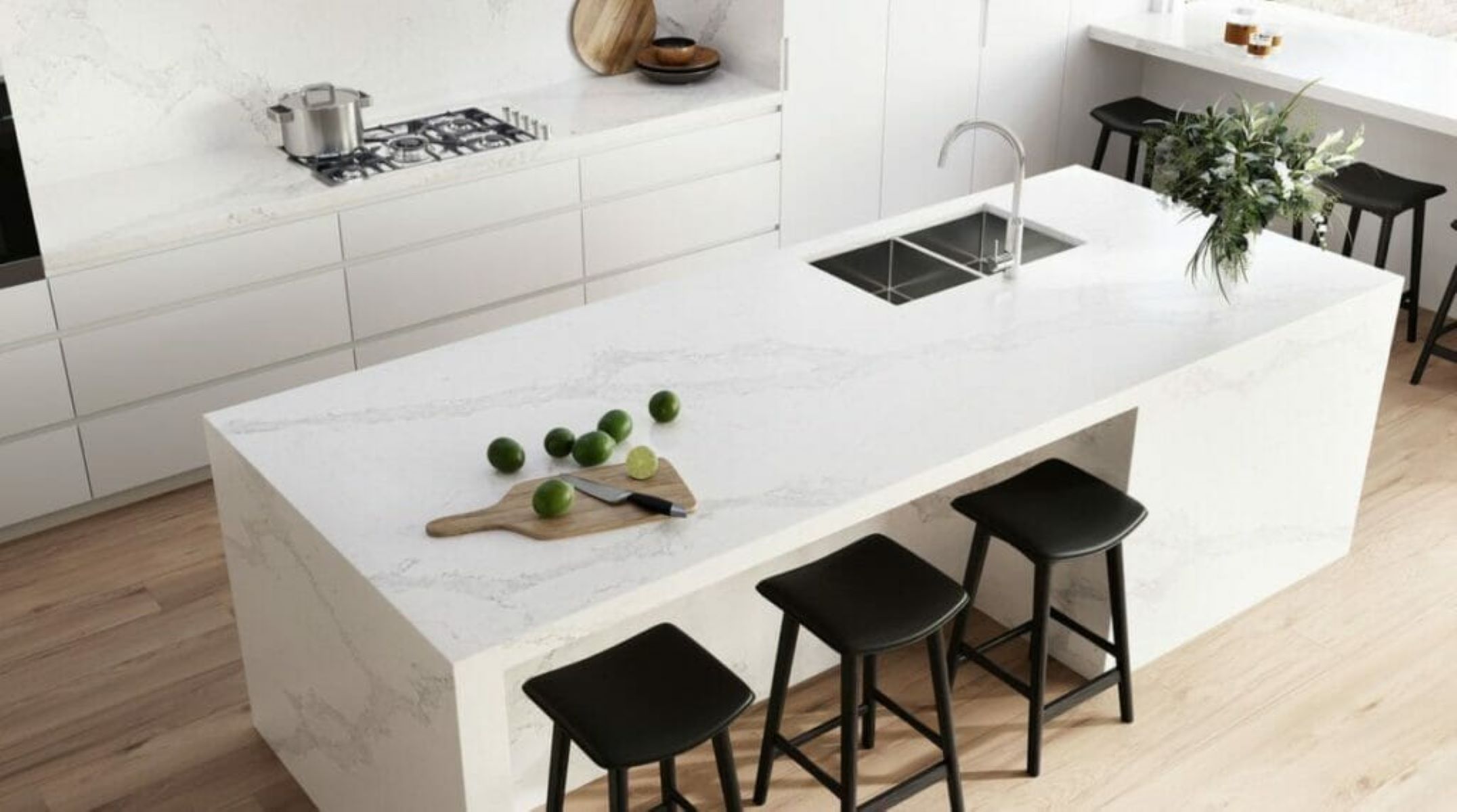

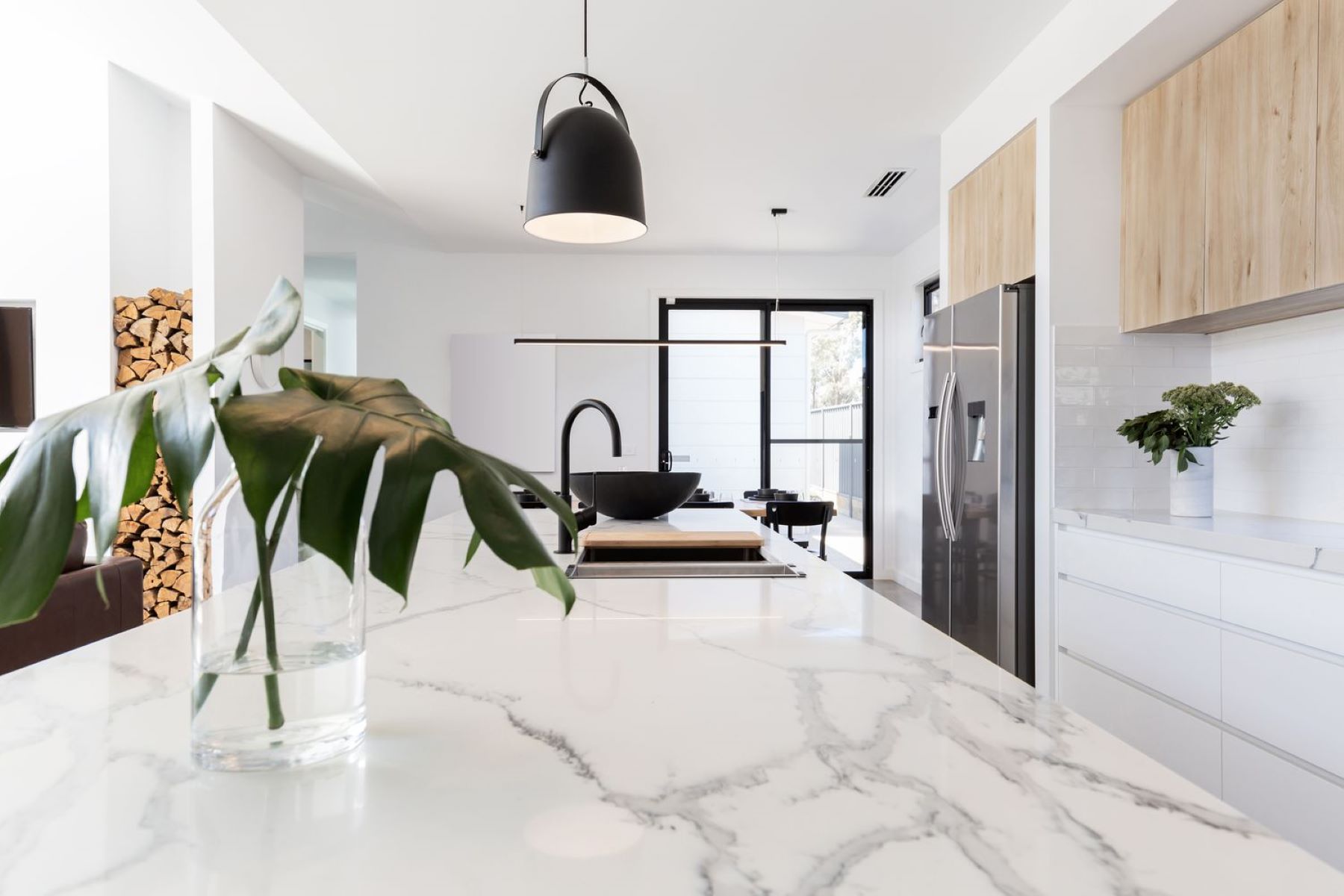
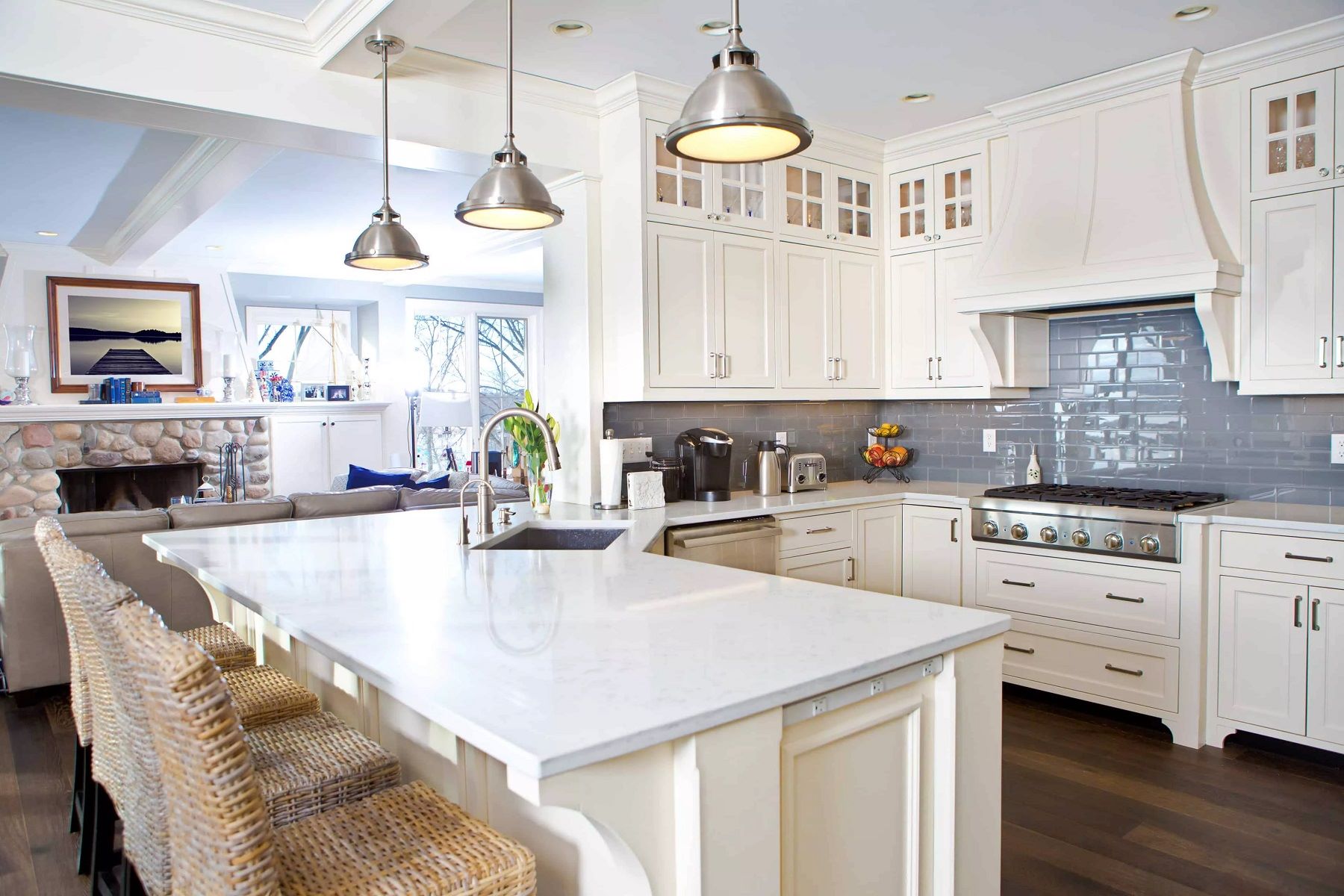
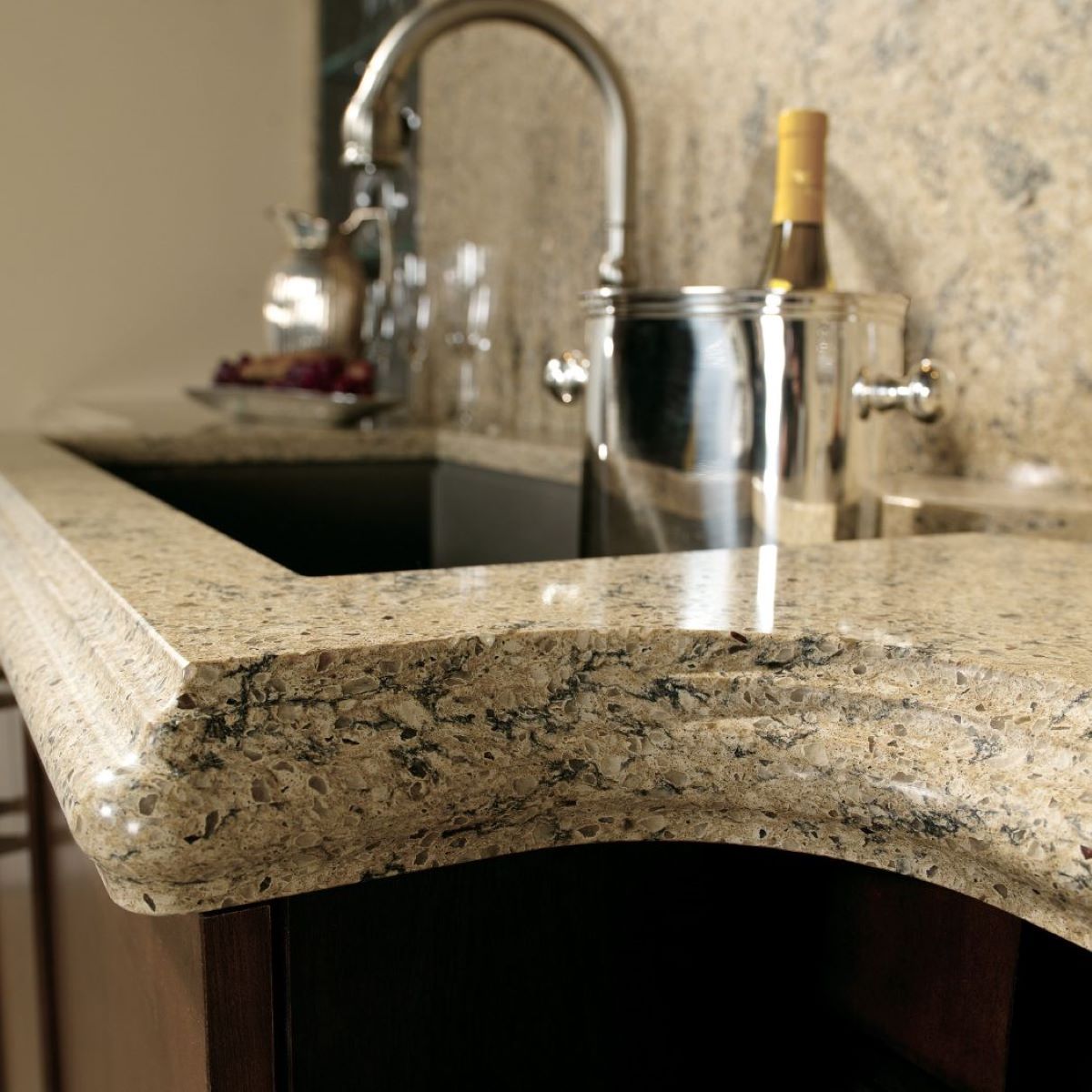
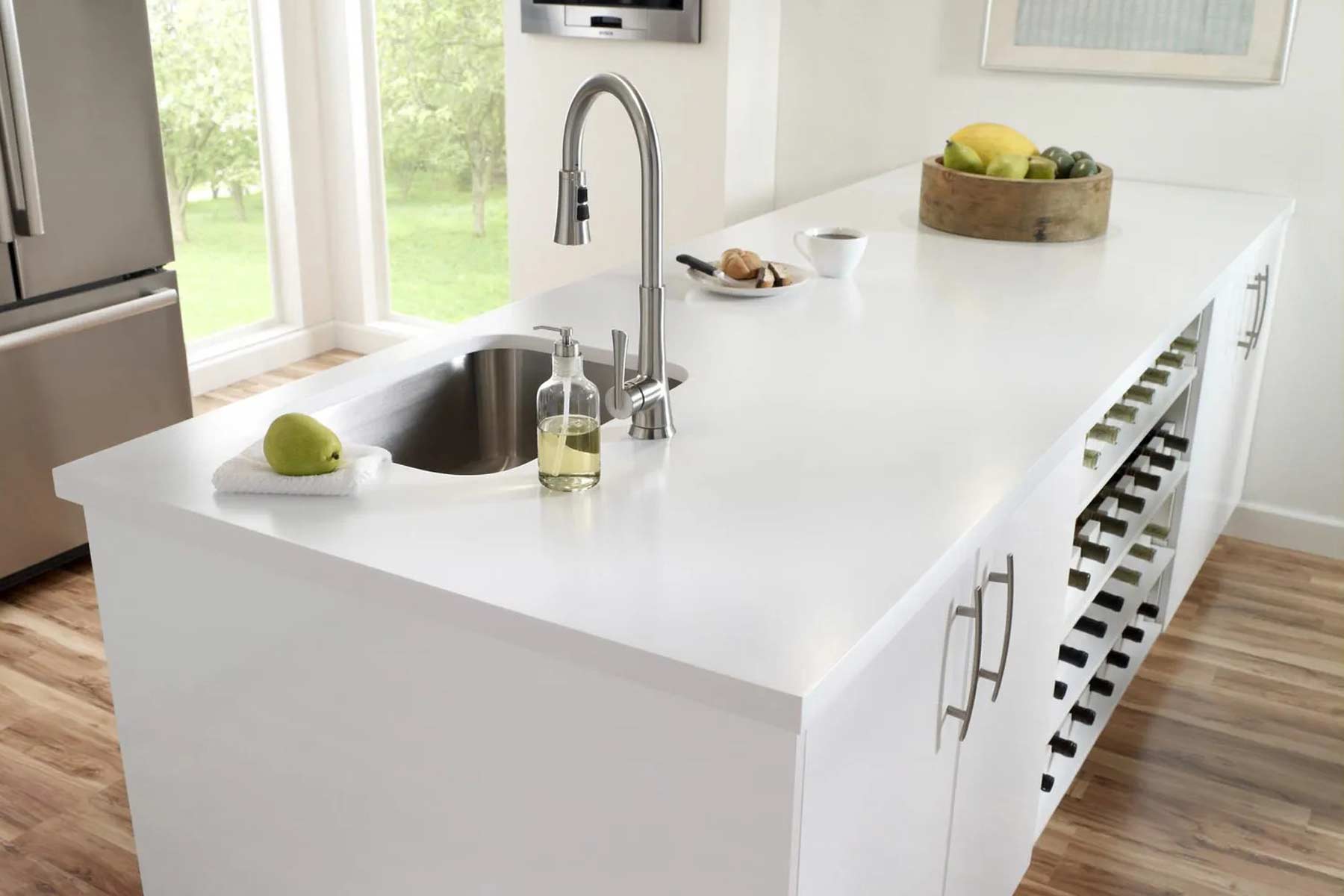
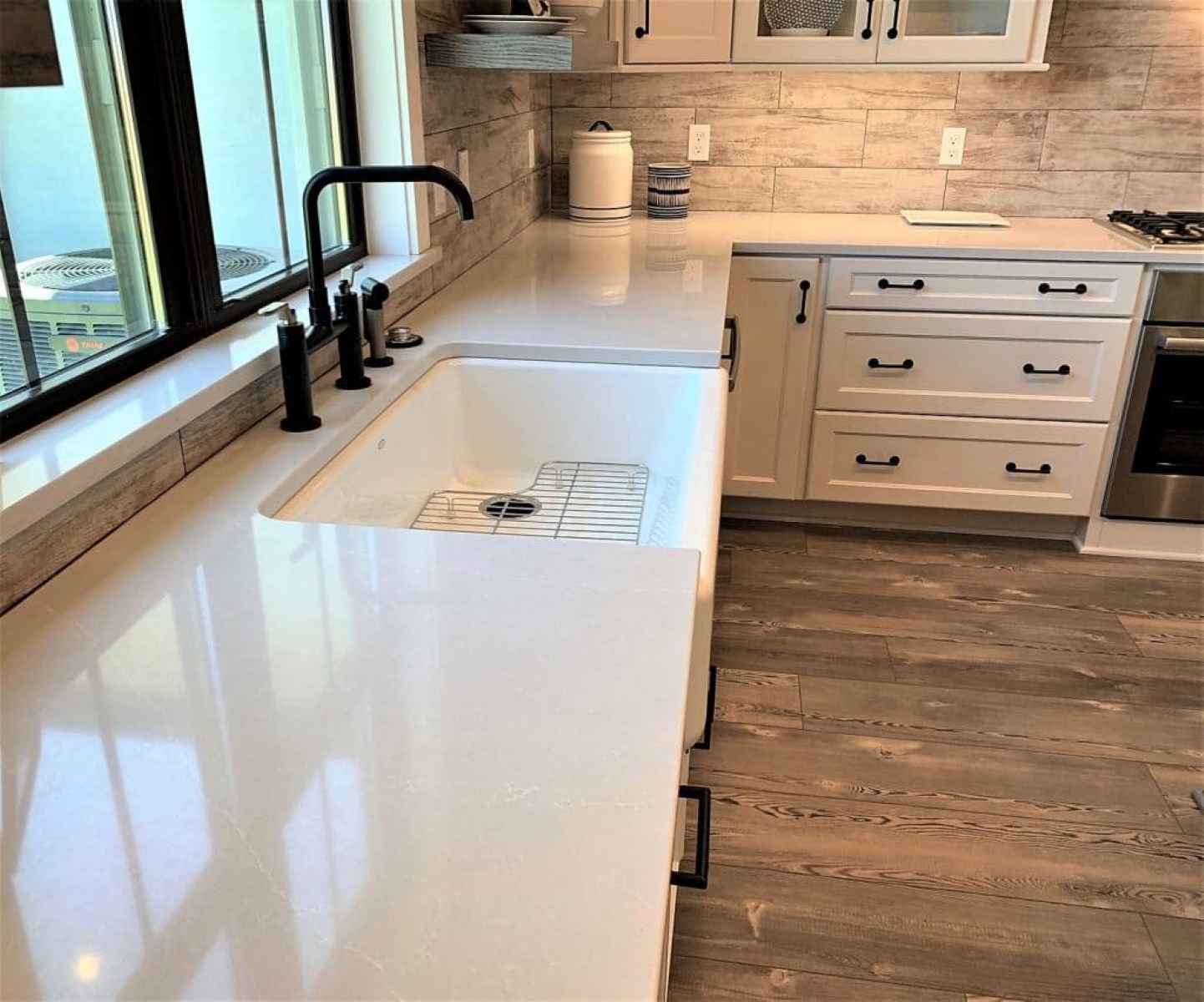

0 thoughts on “How Thick Should Quartz Countertops Be”